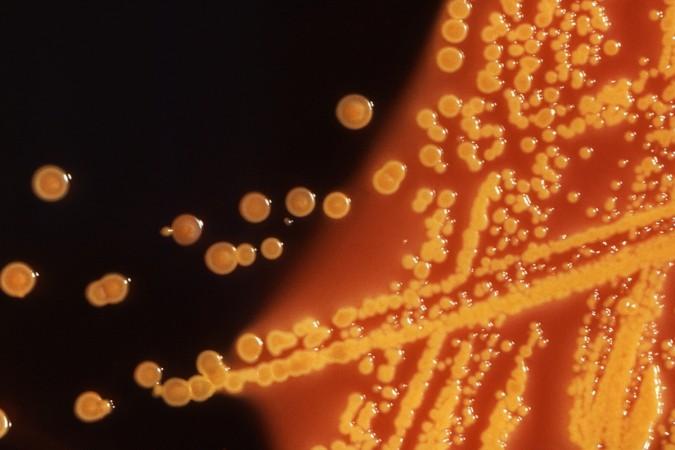
A research, which could be a much awaited solution to antimicrobial resistance (or antibiotic resistance), has established that the nose of a human being contains a powerful antibiotic, Lugdunin, which may act against one of the deadliest bacterias called Staphylococcus aureus (S. aureus) that usually attacks human skin and may also be found in human nasal cavity.
However, the study published in the Nature journal said that Staphylococcus aureus is rarely present when Staphylococcus lugdunensis ( which produces Lugdunin) is found in the nose.
In other words, Lugdunin prohibits colonization (attack) by S. aureus, and therefore presents a rare example of a bioactive compound produced from human-associated bacteria.
"Notably, human nasal colonization by S. lugdunensis was associated with a significantly reduced S. aureus carriage rate, suggesting that lugdunin or lugdunin-producing bacteria could be valuable for preventing staphylococcal infections. Moreover, human microbiota should be considered as a source for new antibiotics," according to the study.
Conventionally, antibiotics are derived from fungi or soil bacteria which can treat various infections. However, many pathogens (disease causing bacteria such as S. aureus) have become resistant to the action of these antibiotics.
In such a scenario, the discovery of Lugdunin could pave way to treat patients who do not respond well to conventional antibiotics and have weakened immune systems.
Although scientists are yet to induct Lugdunin in human therapies, the study has shown positive results in mice.















